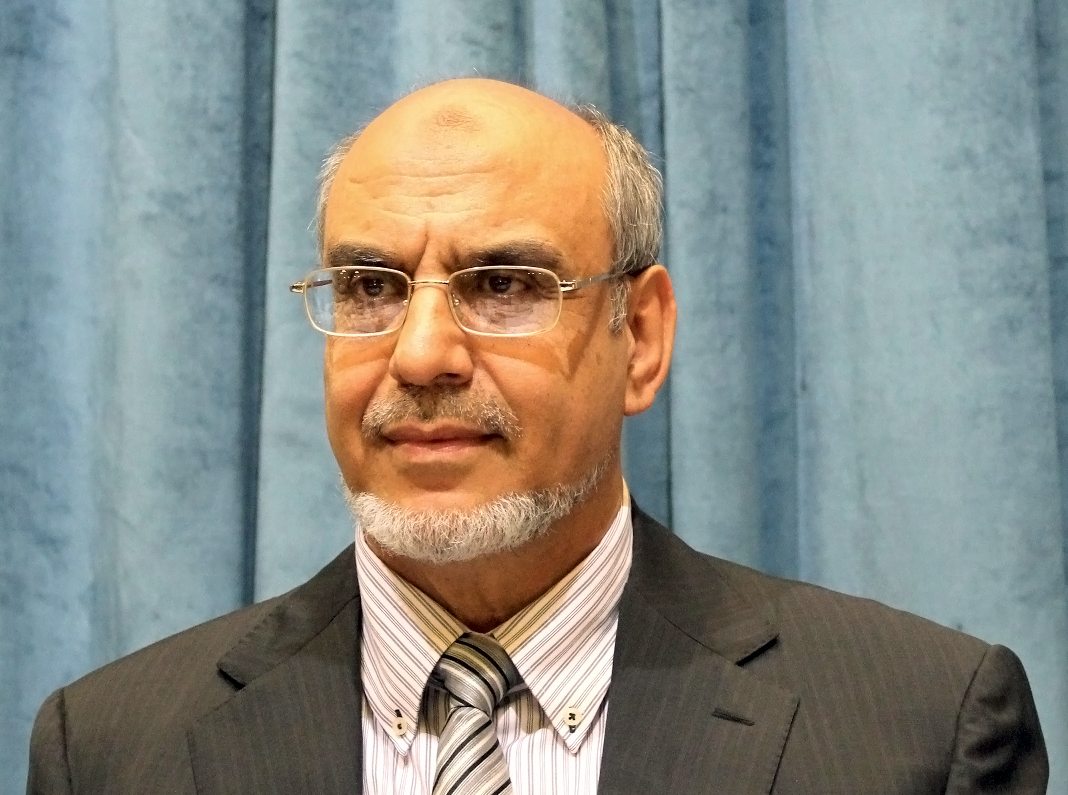TUNIS (Parliament Politics Magazine) – Former Ennahdha party leader and former PM Hamadi Jebali was detained by Tunisian police on accusations of money laundering, according to a statement from his attorney to Reuters.
According to a post by his family on Facebook, police in the city of Sousse confiscated Jebali and his wife’s phones before transporting them to an undisclosed location on Thursday.
With the dissolution of parliament last July, which President Kais Saied’s detractors dubbed a coup, the opposition has expressed worries about the state of human rights in Tunisia.
Regarding Jebali’s arrest, the interior ministry declined to comment. Without providing any information, the government scheduled a news conference for Friday.
According to Jebali’s defence team, they were permitted to visit with him at the facility where he is being held.
According to Jebali’s attorney Mokhtar Jemai, Jebali had told them he would not answer the investigators’ questions and he entered a hunger strike as the problem had a political agenda and had nothing to do with money laundering.
Previously, the largest party in Tunisian parliament was Ennahdha, which styles itself as a Muslim Democrat party.
Saied claimed at the time that the action to dissolve parliament and take control of the executive powers was just temporary and necessary to protect Tunisia from a corrupt, self-serving elite.
Jebali’s family stated in the Facebook post that the president was personally accountable for Jebali’s physical and psychological well-being and urged the human rights organisations and civil society to speak out against such repressive practices.
After a political crisis, Jebali resigned as prime minister in 2013. He was the PM in the year 2012.
The vice president of Ennahdha, Noureddine Bhiri, was detained by police for over two months earlier this year before being released without being charged.
Saied’s Rule
Saied’s critics assert that he is launching an offensive against them using the legal system and police, which he refutes.
Since assuming the presidency, he has disregarded Tunisia’s 2014 constitution and instead governs by decree.
After years of dissatisfaction with Tunisia’s political elite, his actions attracted a lot of public support at first, but as public services deteriorate and unemployment and inflation rise, so does public ire.
Saied is now preparing a referendum on a new constitution on July 25 for Tunisians to vote on ; the opposition has declared they will boycott the referendum. The suspension of the Tunisian parliament will last until December 17, 2022, when election for a new assembly will be held.
Saied fired 57 judges on June 1 after accusing them of shielding “terrorists” and corruption, accusations that the Tunisian Judges’ Association (TJA) claimed were politically motivated. The TJA responded by going on a nationwide strike, which has now continued for a third week.
Since the 2011 revolution of Tunisia, which toppled former President Zine El Abidine Ben Ali, the Supreme Judicial Council had served as the primary guarantor of judicial independence. Saied disbanded it in February.
Saied has stated that his goal is not to have control over the judiciary and that the decisions were necessary to rid the system of rampant corruption.





